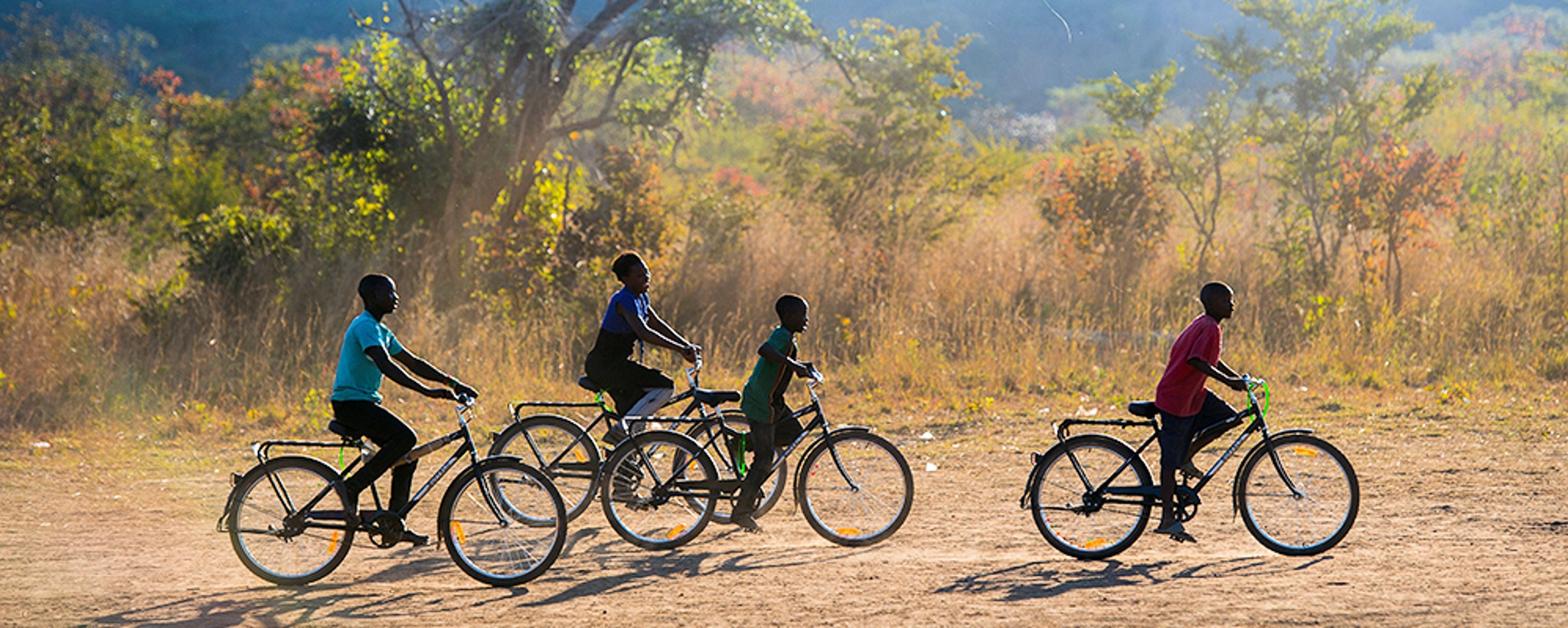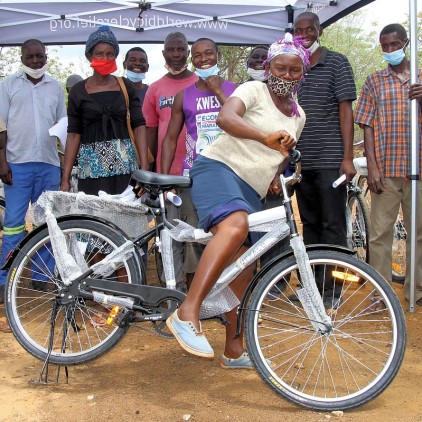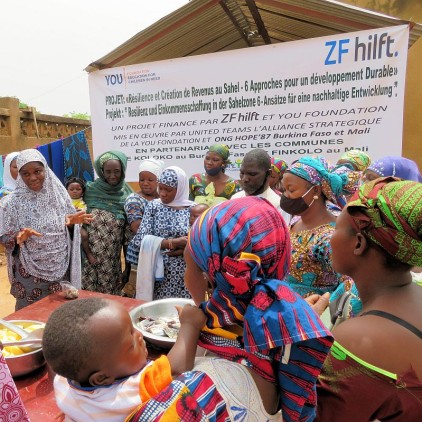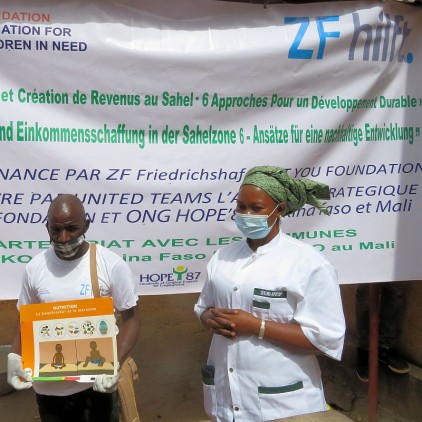Since the end of April 2021, Indian colleagues from ZF and from the media have been reporting on the coronavirus-related humanitarian disaster in India. Television images have shown long lines of private cars and ambulances carrying Covid patients who are waiting outside overcrowded hospitals. In addition, there were many calls for help in regard to the provision of medical oxygen, ventilators and even the basic necessities to aid patients and their families. In order to help do something to alleviate the suffering, “ZF hilft.” decided to donate 100,000 euros as emergency aid. Sabine Jaskula, Chief Human Resources Officer at ZF, says: “There is reason for hope, but we still have a long road ahead of us – especially in countries that are suffering so immensely, as is the case in India. In this situation, we also provide vaccinations, transportation services, medical treatment and psychological care.”
“Help e. V.” in Hyderabad, a long-standing project partner of “ZF hilft.”, monitors the use of the funds. “ZF hilft.” always cooperates with reputable local partners in order to ensure that the donations actually reach those in need. “Help” is able to very quickly provide the people on site with what they urgently need: sanitary products, coronavirus tests, masks, medicines and oxygen. However, there is also need for food, camping stoves and tarpaulins. This aid is vital especially for the poorest of the poor in the country – residents of slums, single mothers and all acutely ill patients in the community hospitals, of course.







